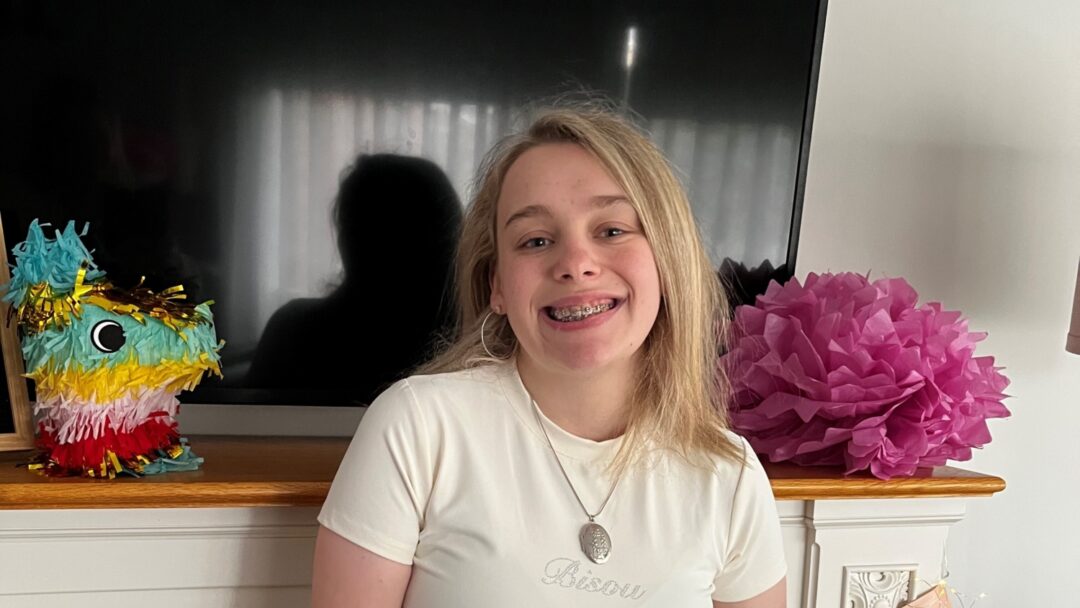News
Advocates warn upcoming social media ban will do more harm than good for young people with disability.

Many young Australians with disability will soon lose access to their social media accounts as the Labor Government’s social media ban comes into effect next month.
According to the E-Safety Commissioner’s website, the federal government passed its Online Safety Amendment last November with bipartisan support, leading the E-Safety Commissioner, Julie Inman Grant, to clarify that the government was not banning the internet.
Ms Inman Grant elaborated, explaining that online gaming platforms and messaging apps will be exempt from the social media ban.
"This is really a social media delay for those between the ages of 13 and 17," she says.
However, many are concerned the ban will affect the disability community’s ability to foster connections, express their identities and combat loneliness, according to Children and Young People with Disability Australia.
Realle Northe is a young person living with Charcot Marie Tooth Disorder, a genetic condition which affects the nervous system. The 17-year-old says access to social media platforms enables them to stay connected and be a part of conversations even when they are unable to meet people face to face.
Social media for me is a place where I can talk with my friends…It’s a space where I feel understood and supported
Realle Northe
A reported 70% of young people with disability declared it is easier to be themselves online compared to 59% of youth without disability, according to the New Playground publication by the E-Safety Commissioner in 2023.
While Ms Northe is outside of the age range targeted by the social media ban, which is scheduled to start on the 10th of December, the teen says the ban will still affect her as it will disrupt communications with her friends and her connections within the disability community.
“Many of us rely on social media to stay in touch, learn, and find community. Taking that away will further isolate those who already find it difficult to get out of the house or connect with others in person,” Ms Northe says. “It will definitely affect how we keep in touch and support each other online.”
Children and Young People with Disability Australia CEO, Skye Kakoschke-Moore, argues that those in the disability community are already too often excluded from digital life because inaccessible ID systems.
The upcoming restrictions risk severing this vital lifeline for under-16s, but also for young people with disability over 16 who could be unfairly blocked from social media if age-checking systems aren’t accessible
Skye Kakoschke-Moore
The CEO believes the Australian Government and social media companies have a responsibility to make sure the rollout doesn’t deepen digital exclusion further.
“Making social media safer should never come at the cost of genuine inclusion," Ms Kakoschke-Moore argues.
As for Ms Northe, she believes access to social media is vital to young people’s social growth, claiming the sites play a significant role in forming connections with others who share similar interests, experiences, or struggles.
“It allows teens to explore their identity and gain knowledge from real experiences,” she says. “Without it, many won’t have the same opportunity to form meaningful connections.”
If you would like to know more about the ban, click here.